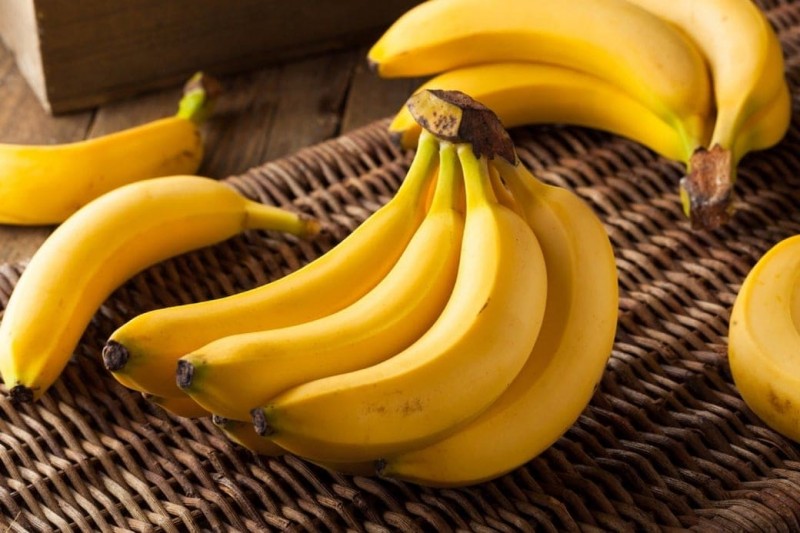
In a world where dietary choices play a pivotal role in managing diabetes, one fruit often sparks a debate - the humble banana. For diabetic patients, the question looms: Should they include bananas in their diet? In this comprehensive guide, we'll delve into the advantages and disadvantages of consuming bananas for those with diabetes.
Before we dive into the banana dilemma, let's grasp the basics of diabetes.
Diabetes is a chronic metabolic disorder characterized by elevated blood sugar levels due to insulin-related issues. It's categorized into Type 1 and Type 2 diabetes.
Type 1 diabetes is an autoimmune condition where the body's immune system attacks and destroys insulin-producing cells in the pancreas.
Type 2 diabetes typically develops in adulthood and is often associated with lifestyle factors, such as obesity and poor diet.
Now that we've established the diabetes basics, let's explore the nutritional profile of bananas.
Bananas are rich in essential nutrients, including potassium, dietary fiber, and various vitamins.
Potassium is vital for heart health and blood pressure regulation. Bananas are renowned for their potassium content.
Dietary fiber aids in digestive health and helps control blood sugar levels.
Bananas contain vitamins like vitamin C and vitamin B6, along with essential minerals like manganese.
Now, let's explore why bananas can be advantageous for those with diabetes.
Bananas offer several benefits to diabetic patients, such as:
Bananas have a relatively low GI, which means they have a gradual impact on blood sugar levels.
The fiber in bananas aids in managing blood sugar by preventing rapid spikes.
Bananas provide essential nutrients that can support overall health in diabetic individuals.
While there are advantages, it's crucial to consider the potential disadvantages too.
Bananas may pose some challenges for diabetic individuals:
Bananas contain natural sugars, which can raise blood glucose levels.
The carbohydrate content in bananas can impact blood sugar, especially when consumed in excess.
For diabetic patients, portion control and moderation are key when including bananas in their diet.
Careful monitoring of banana portion size can help manage blood sugar levels.
Balancing banana consumption with other low-GI foods is essential for diabetes management. In conclusion, bananas can be a part of a diabetic diet if consumed in moderation and with awareness of their impact on blood sugar levels. The advantages of their nutrient profile and fiber content make them a valuable addition. However, diabetic individuals should exercise caution, monitor their blood sugar, and consult a healthcare professional or dietitian for personalized advice.
Causes of Stomach Gas and Ways to Find Relief
One night old stale bread will give more strength than vegetables and fruits